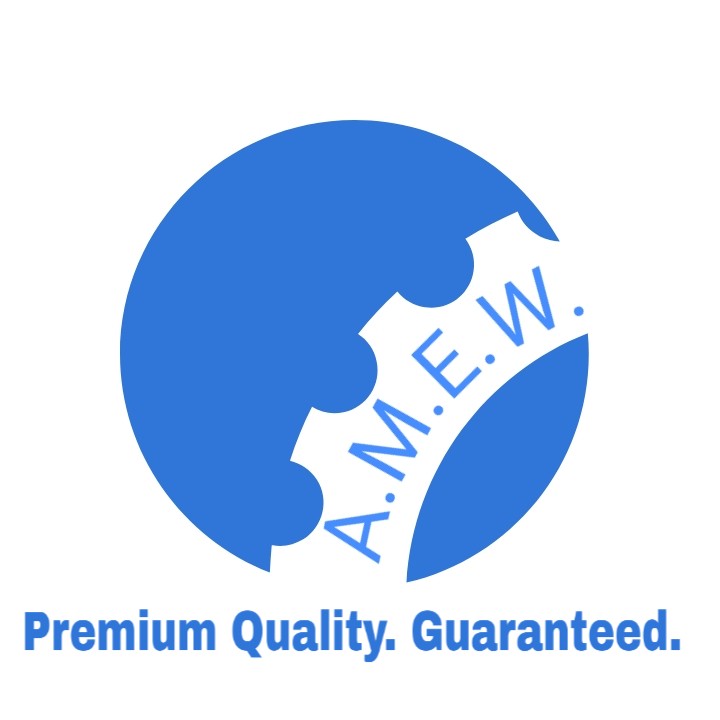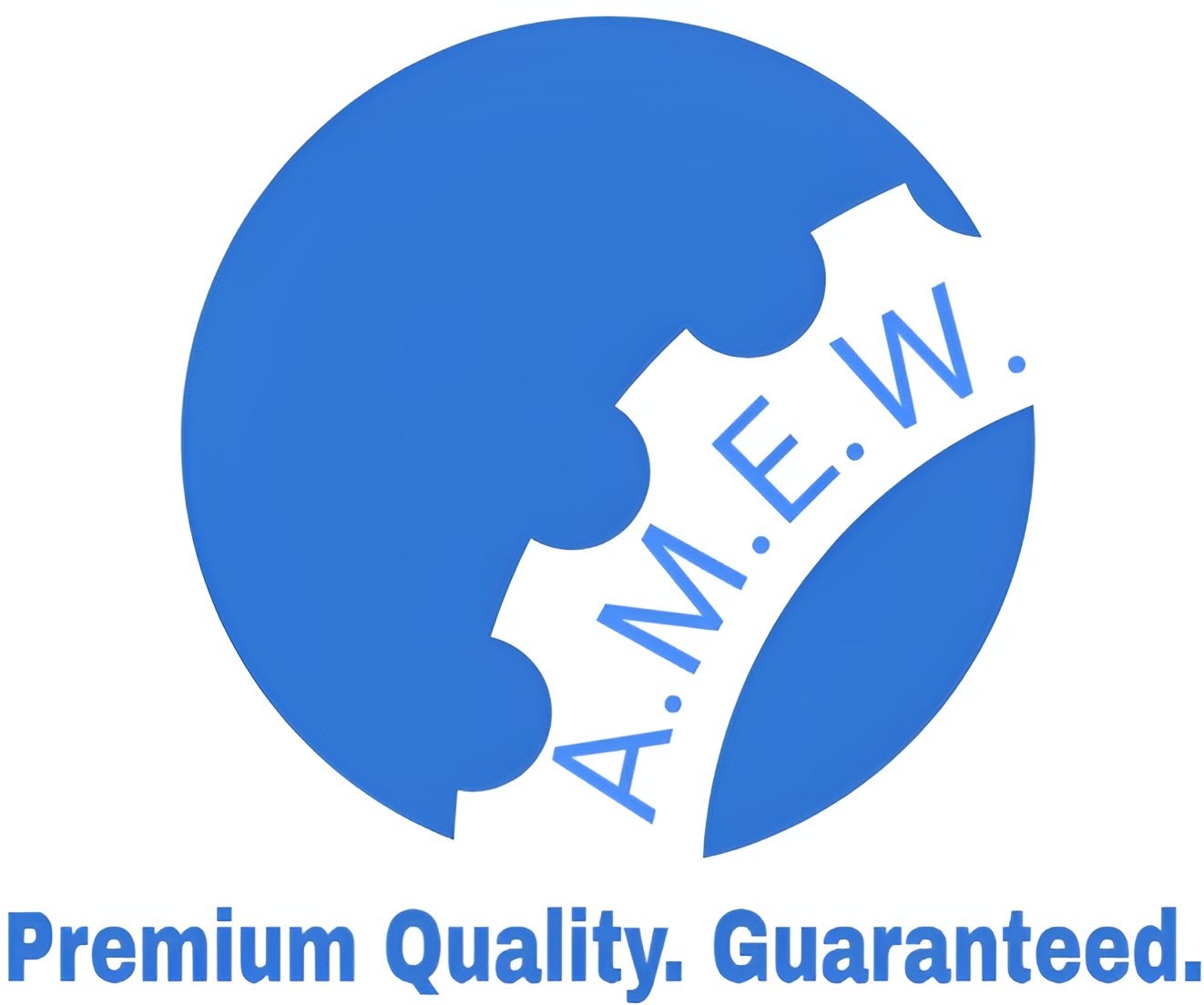Description
ASTM A516 Grade 70: Overview and Applications
Table of Contents
- Introduction to ASTM A516 Grade 70
- Chemical Composition
- Mechanical Properties
- Applications of ASTM A516 Grade 70
- Comparison with Other Steel Grades
- Manufacturing and Fabrication
- Advantages and Disadvantages
- Conclusion
1. Introduction to ASTM A516 Grade 70
ASTM A516 Grade 70 is a premium quality steel plate designed for use in the fabrication of boilers and pressure vessels. Known for its exceptional weldability and improved notch toughness, this steel grade is particularly suitable for low to moderate temperature service applications. Industries that rely on equipment capable of withstanding high pressures and varying temperatures often turn to ASTM A516 Grade 70 due to its robust performance characteristics.
The enhanced notch toughness of ASTM A516 Grade 70 makes it an ideal choice for critical applications where safety and reliability are paramount.
2. Chemical Composition
The chemical composition of ASTM A516 Grade 70 is specifically formulated to optimize its mechanical properties:
| Element | Typical Composition |
|---|---|
| Carbon (C) | 0.18% – 0.22% |
| Manganese (Mn) | 0.70% – 1.20% |
| Silicon (Si) | 0.10% – 0.40% |
| Phosphorus (P) | ≤ 0.035% |
| Sulfur (S) | ≤ 0.025% |
| Chromium (Cr) | ≤ 0.30% |
| Nickel (Ni) | ≤ 0.30% |
| Molybdenum (Mo) | ≤ 0.12% |
| Iron (Fe) | Balance |
This composition contributes to the steel’s strength, ductility, and toughness, making it suitable for a variety of demanding applications.
3. Mechanical Properties
ASTM A516 Grade 70 exhibits significant mechanical properties that are crucial for its performance in high-pressure environments:
| Property | Value |
|---|---|
| Yield Strength | 241 MPa |
| Tensile Strength | 485 – 620 MPa |
| Elongation (min) | 19% |
| Impact Toughness | ≥ 27 J at -20°C |
| Hardness | Typically ≤ 200 HBW |
These properties ensure that the material can endure substantial stresses and impacts, critical for safety in pressure vessel applications.
4. Applications of ASTM A516 Grade 70
ASTM A516 Grade 70 is widely used across various industries due to its reliability and superior mechanical properties. Typical applications include:
- Pressure Vessels: Essential for tanks and containers that operate under high pressures.
- Boilers: Used in the construction of boiler components that require robust materials.
- Valves: Commonly employed in the manufacturing of valves designed for controlling fluids.
- Heat Exchangers: Ideal for the production of heat exchangers that need to withstand thermal stress.
These applications emphasize the critical role of ASTM A516 Grade 70 in maintaining the efficiency and safety of industrial operations.
5. Comparison with Other Steel Grades
When comparing ASTM A516 Grade 70 to other steel grades, its unique properties become evident:
| Steel Type | Yield Strength (MPa) | Applications |
|---|---|---|
| ASTM A516 Grade 70 | 241 | Boilers, pressure vessels |
| P355GH | 235 | General engineering applications |
| 490B | 490 | Heavy construction applications |
| ASTM A537 Class 1 | 250 | Higher pressure applications |
This comparison highlights the versatility of ASTM A516 Grade 70, showcasing its suitability for various applications while maintaining competitive strength characteristics.
6. Manufacturing and Fabrication
The manufacturing process for ASTM A516 Grade 70 typically involves hot rolling, followed by processes such as normalizing or stress relieving to enhance mechanical properties. Common welding methods include shielded metal arc welding (SMAW) and gas tungsten arc welding (GTAW), which are essential for maintaining the integrity of the steel during fabrication. Proper heat treatment can further improve the material’s performance for specific applications.
7. Advantages and Disadvantages
Advantages
- Excellent Weldability: Facilitates easy fabrication and assembly.
- High Notch Toughness: Provides reliability in low-temperature applications.
- Versatile Applications: Suitable for a wide range of industries and uses.
Disadvantages
- Cost: Higher-grade materials may be more expensive than standard steels.
- Limited High-Temperature Performance: May not be ideal for very high-temperature applications without additional treatments.






